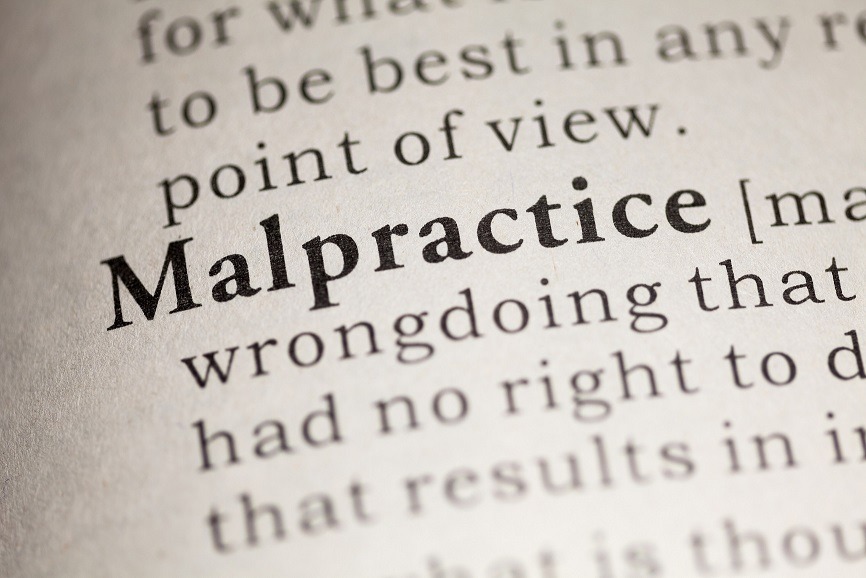
There can be many forms of medical negligence. If a doctor fails to give a patient the proper tests, performs unneeded procedures, or fails to check progress after a procedure, he or she has committed medical negligence. In essence, if the doctor does anything that another competent doctor would not do, it can be considered malpractice.
For example, patients with drug allergies are responsible to inform their physicians of these allergies in order to avoid being prescribed any medications or treatments that could cause dangerous reactions. Often drug allergies are severe enough to cause a major illness or, in some cases, even death. Once the doctor has been made aware of any drug allergies, it is his or her responsibility to avoid prescribing or administering any medications or treatments that could be dangerous to the patient. Failure to do this may cause the physician to be guilty of medical negligence.
What is Medical Negligence?
In some cases, a patient’s doctor will ignore the information provided about allergies and give the patient a treatment or medication that could cause them harm. When this occurs, the patient may be able to file a medical negligence lawsuit against their doctor. In order to hold a practicing physician liable of medical negligence, a lawyer will have to be able to prove that a doctor under similar conditions would have been able to provide a different or better standard of care. It will be important for a lawyer to show that the doctor acted carelessly and irresponsibly when treating the patient after all important allergy information had been provided. An attorney will also need to provide proof of proximate cause. This means that proof must be provided that the medication that was prescribed by the patient’s doctor directly resulted in the individual suffering from an injury. If a doctor prescribed a patient with a medication that would have caused a dangerous allergic reaction, but the pharmacist caught the mistake, it can be more difficult to be awarded compensation. However, if the patient was injured as a direct result of the physician’s error, the patient may be eligible to receive compensation.
Legal Assistance
If a doctor is found liable of medical negligence that directly resulted in an injury, the patient can seek compensation. Patients generally use this financial compensation to help pay for any medical bills that may have been accrued as a result of the doctor’s error. Patients can also seek compensation for any lost wages from being unable to work, pain and suffering, as well as emotional distress. Individuals may also be awarded punitive damages depending on the laws of the state in which they win their case.
Victims of medical negligence are advised to act quickly and find legal representation. An attorney experienced with medical negligence lawsuits will be able to guide their clients through the legal procedures and develop a strategy appropriate to the individual’s situation.
Medical Negligence FAQs
Can You File A Lawsuit For Emergency Room Negligence?
How Do You Determine If Someone Is The Victim Of Medical Negligence?
Is Nurse Negligence Considered Medical Malpractice?
What Does Contributory Negligence In Relation To Medical Malpractice Mean?
